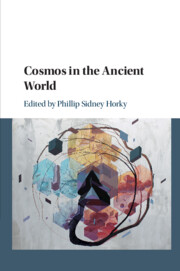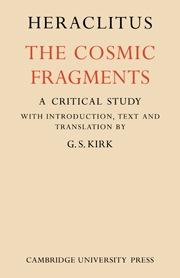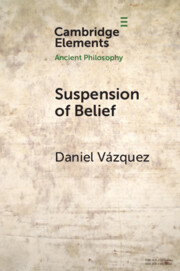The Hedonism of Eudoxus of Cnidus
Mathematician and astronomer Eudoxus of Cnidus was a younger contemporary of Plato and an older contemporary of Aristotle, on both of whom he exerted some influence during his stays in Athens. This is perhaps most apparent with regard to his ethical doctrine that identifies the good as pleasure (hedonism). While Plato seems rather unsure how seriously to take this proposal, Aristotle provides the materials for reconstructing the battery of ingenious arguments that Eudoxus brought forward in its defence. Taken together in this Element, these arguments foreshadow almost everything that has been said in the Western tradition in favour of the positive value of pleasure, and, if taken aright, point in the direction of a hedonism that sets store by the cultivation of activities akin to those for which Eudoxus has been most renowned: mathematics and astronomy.
Product details
No date availablePaperback
9781009321518
74 pages
230 × 153 × 5 mm
0.131kg
Table of Contents
- 1. Eudoxus: who he?
- 2. Two anonymous appearances in Plato
- 3. Witness
- 4. Addition
- 5. Honour
- 6. Opposites
- 7. Cradle
- 8. End
- 9. How much did Aristotle accept from Eudoxus?
- References.






